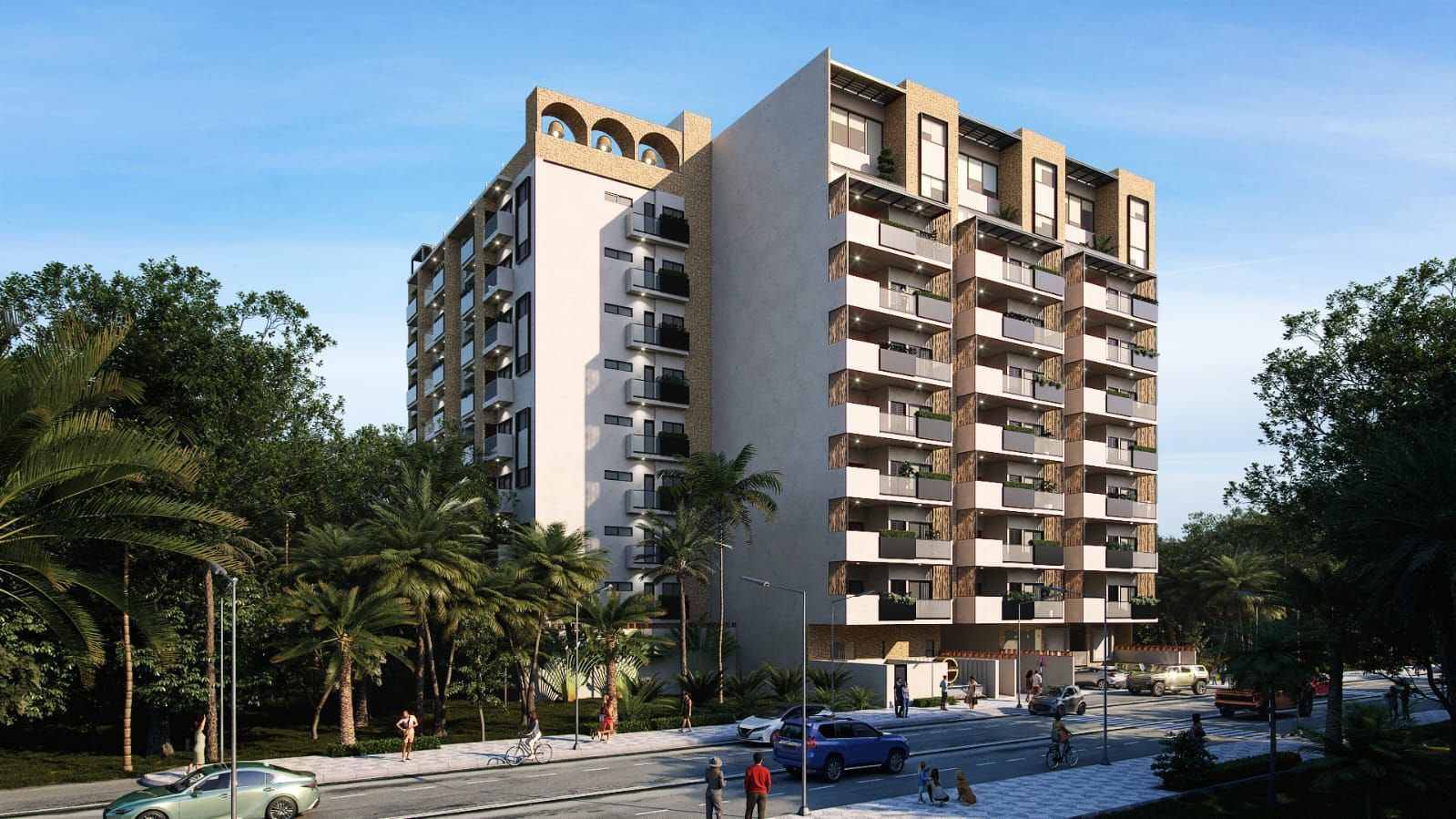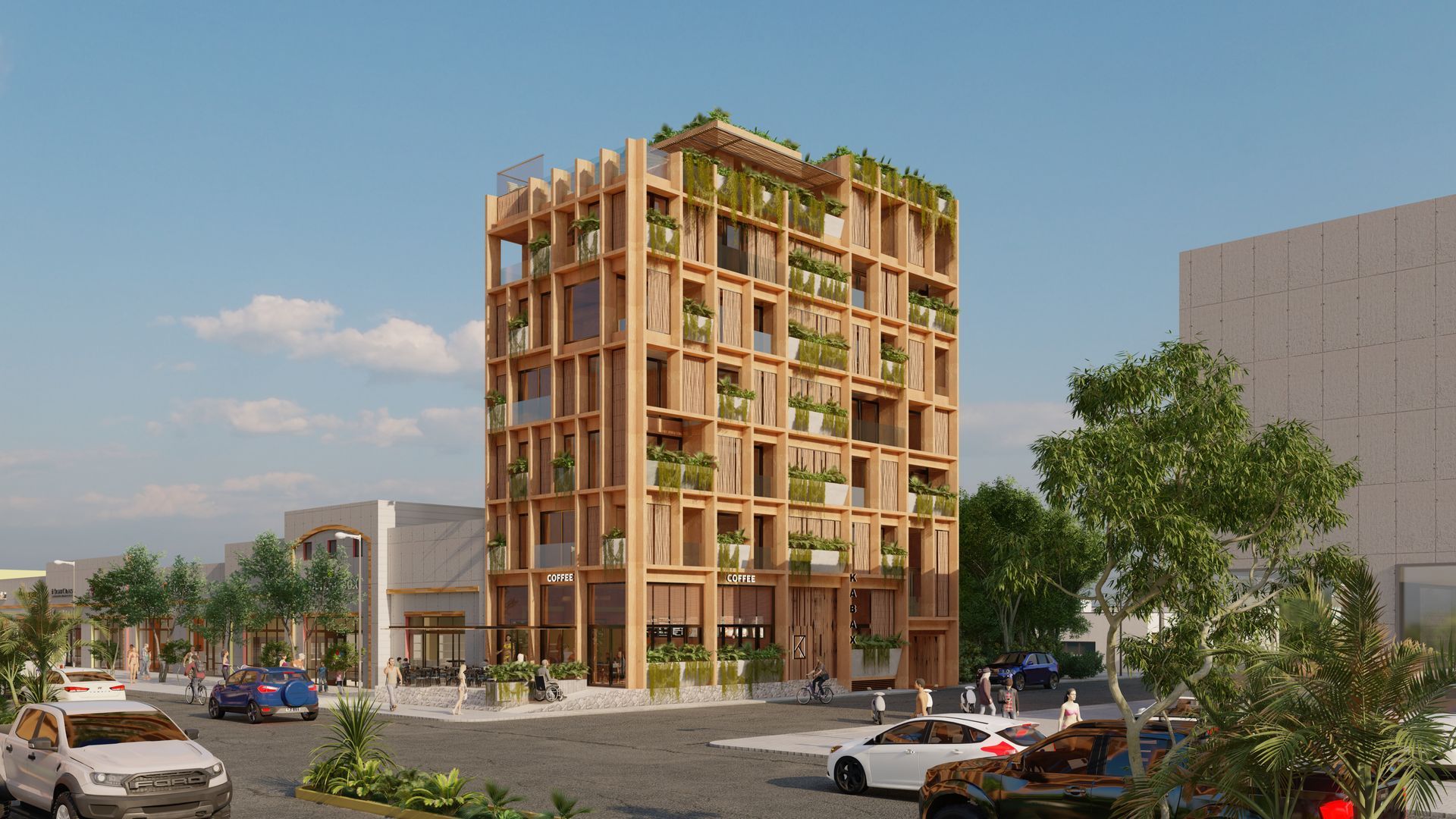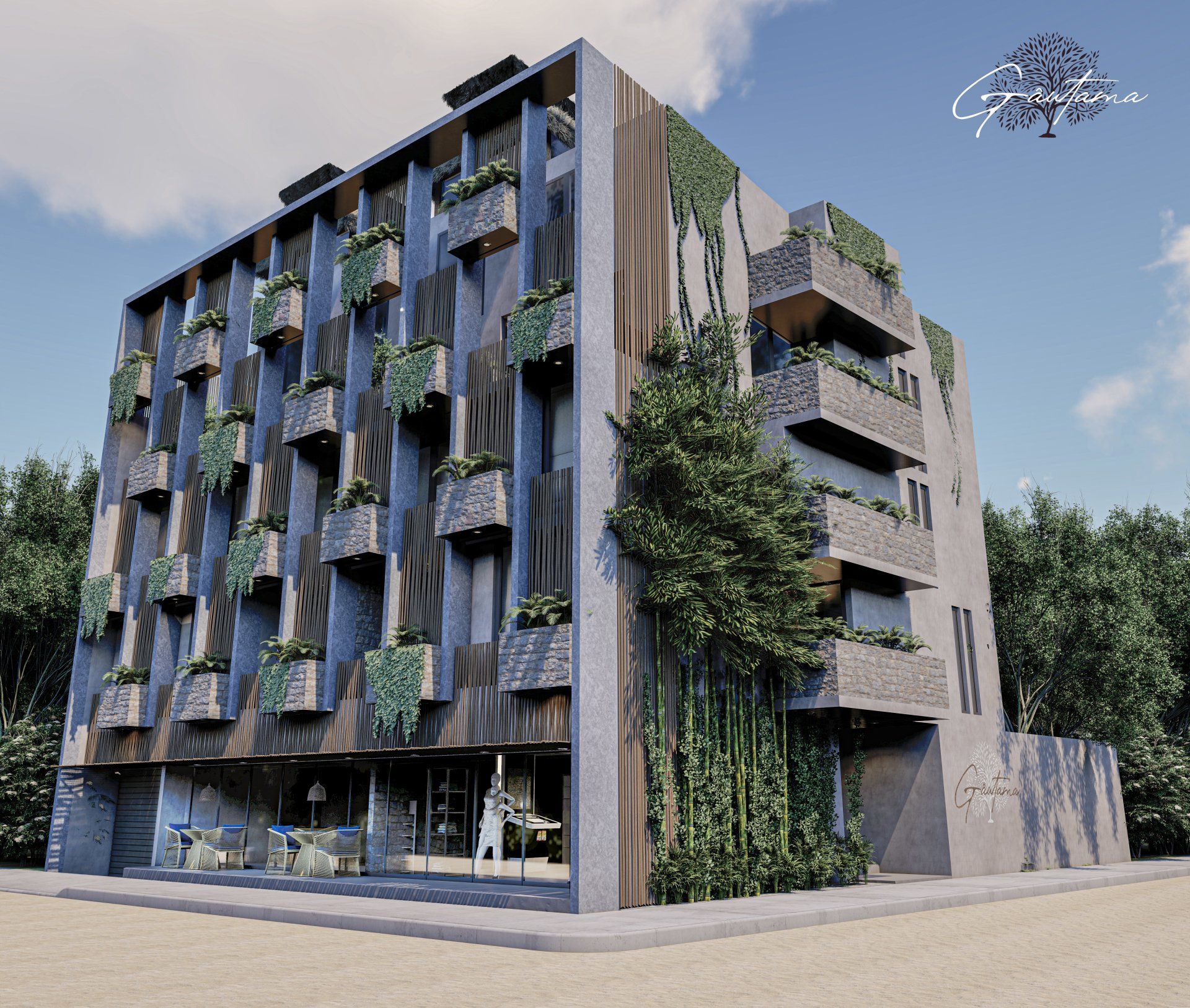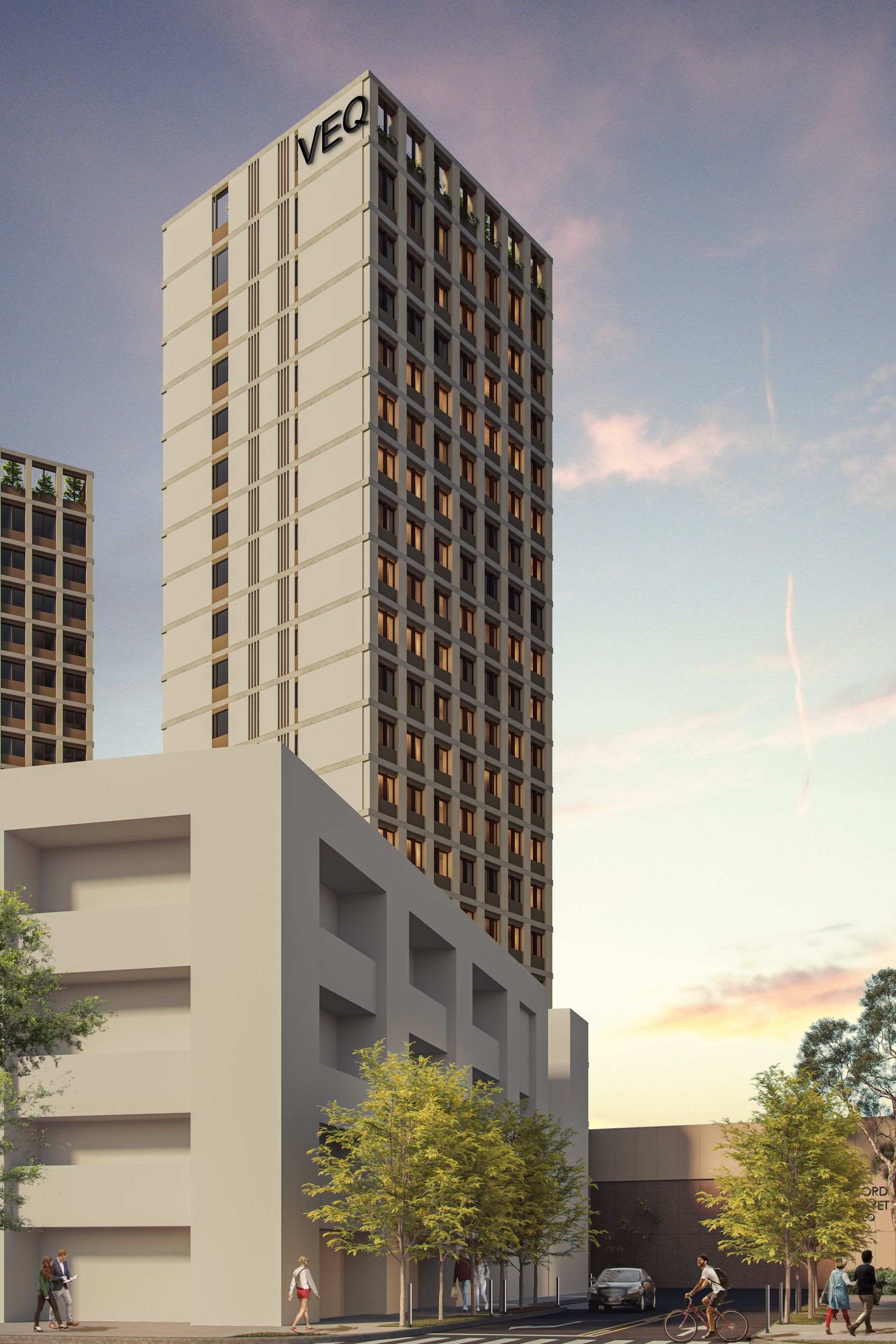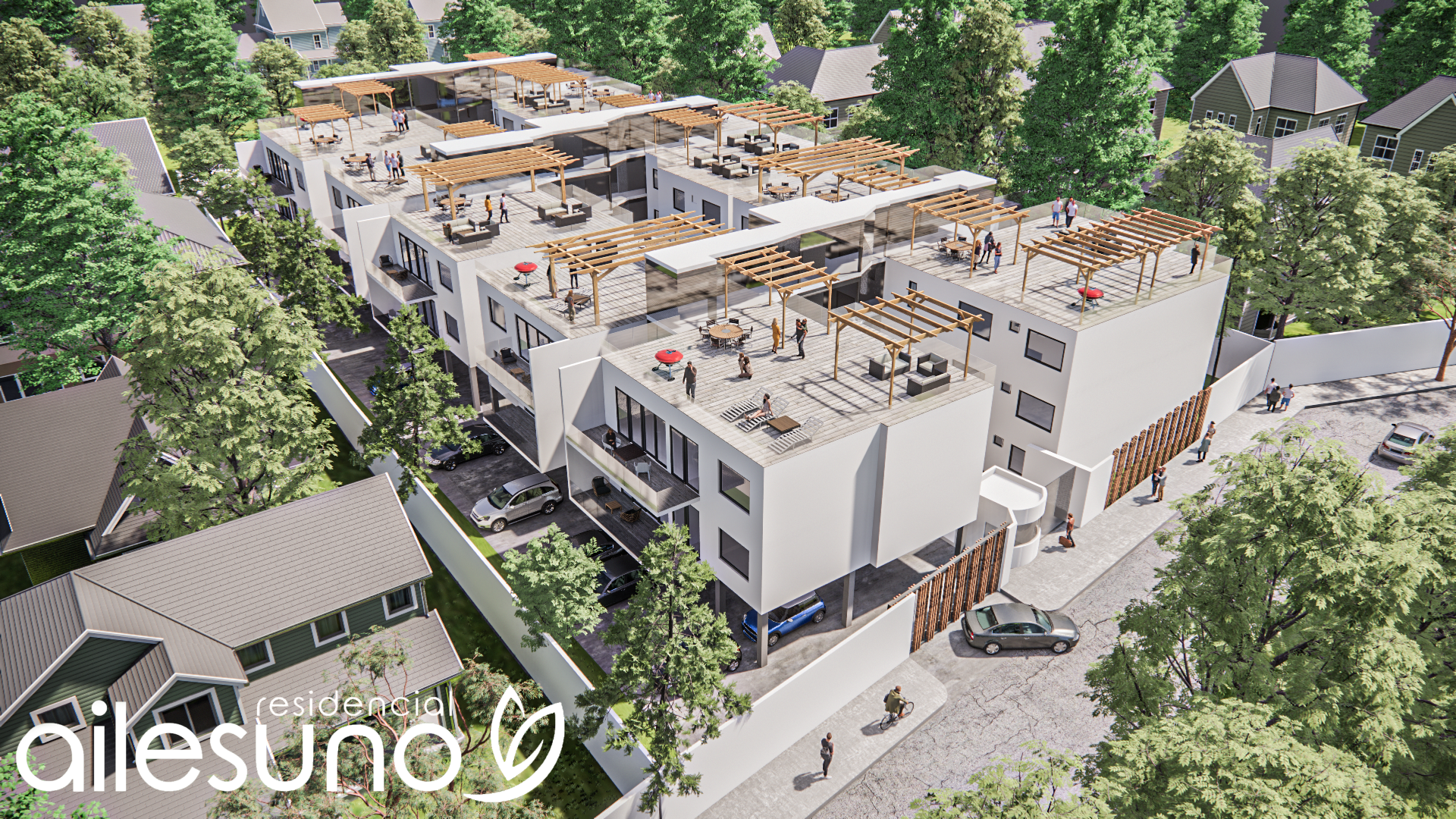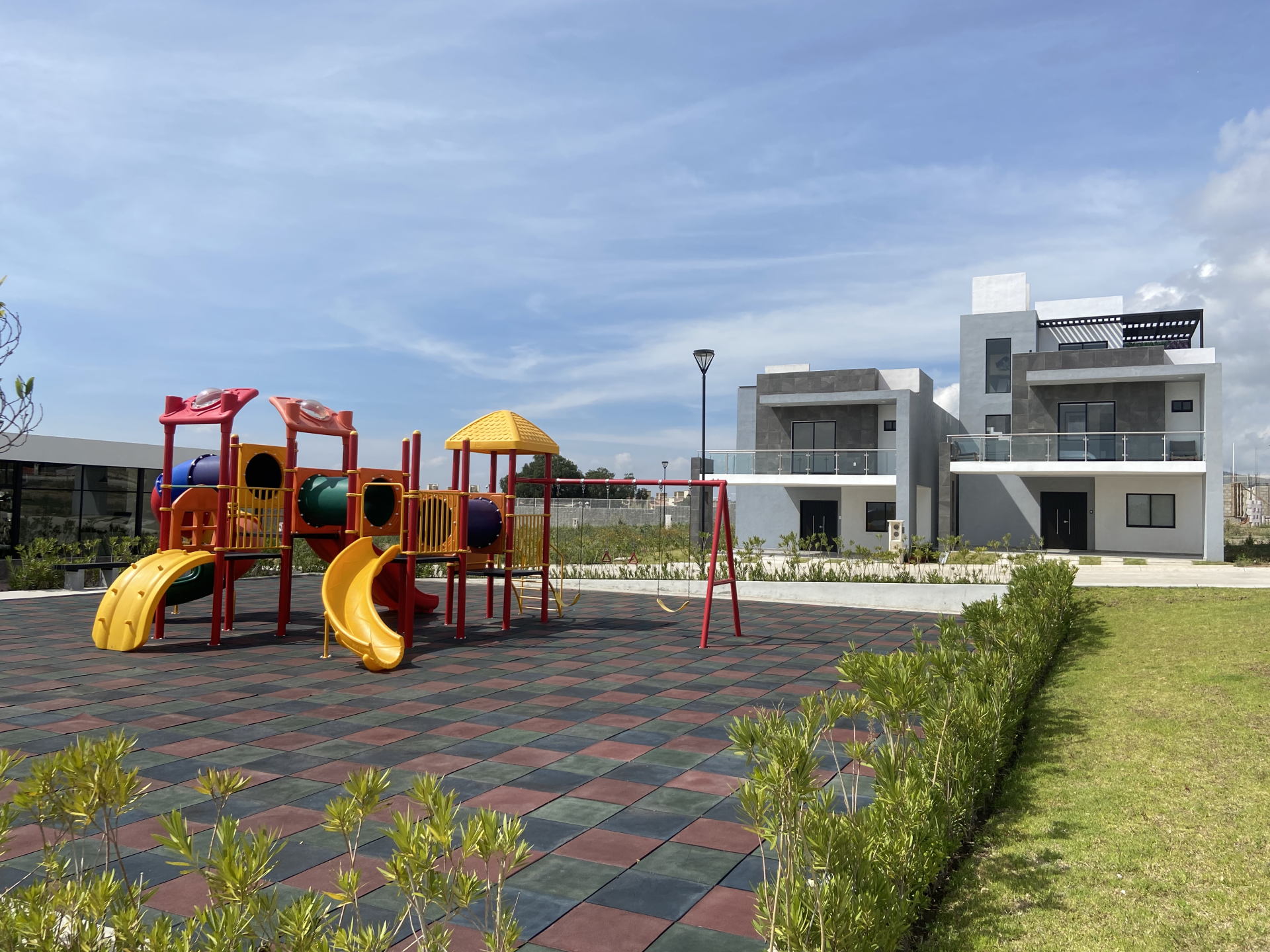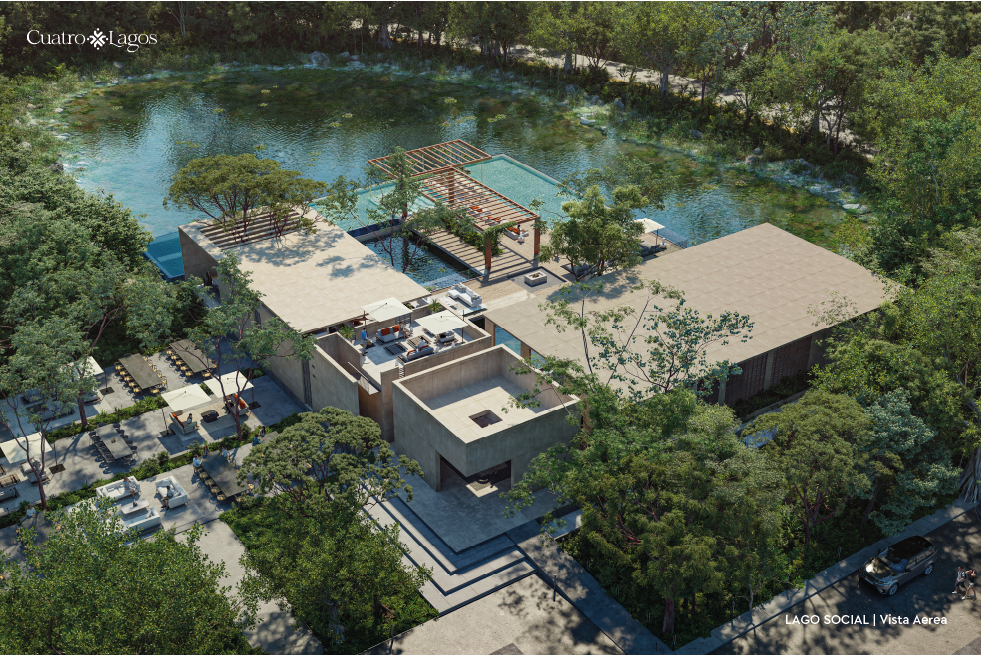How Virtual Reality is Changing the Real Estate Market
Virtual reality (VR) has revolutionized various industries by providing immersive and interactive experiences. One sector significantly impacted by this technology is the real estate market. Virtual reality has transformed the way properties are presented, toured, and sold, offering numerous benefits for buyers, sellers, and agents alike. Let's explore how virtual reality is changing the real estate market.
Enhanced Property Visualization and Remote Tours
Traditionally, prospective buyers had to rely on static images and 2D floor plans to visualize a property. However, with virtual reality, they can now experience an immersive walkthrough of a property from the comfort of their homes. VR technology allows users to explore every corner and detail of a property, offering a realistic and interactive experience that exceeds static images and videos. Buyers can virtually visit multiple properties within a short period, saving time and effort.
Virtual reality also enables remote property tours, which have become increasingly important during the COVID-19 pandemic. Buyers can put on a VR headset and explore properties without physical contact, minimizing health risks. Real estate agents can conduct virtual tours by guiding clients through properties remotely, providing detailed explanations and answering questions in real-time. This technology has opened up new opportunities for international buyers and investors who can explore properties from any location, eliminating the need for costly and time-consuming travel.
Improved Decision-making and Increased Efficiency
Virtual reality has transformed the decision-making process in real estate. By experiencing a property in virtual reality, buyers gain a more comprehensive understanding of its layout, size, and design, leading to better-informed decisions. They can accurately assess spatial relationships, gauge natural lighting, and even virtually furnish the property to visualize its potential. This level of immersion increases buyer confidence, reducing the need for physical visits to multiple properties.
Moreover, virtual reality enhances efficiency for both buyers and sellers. Sellers can showcase properties to a wider audience, attracting potential buyers from various locations. This increased exposure leads to faster sales cycles and a broader market reach. Virtual reality also minimizes unnecessary in-person visits from buyers who may not be genuinely interested in a property, streamlining the sales process. By leveraging VR technology, real estate agents can allocate their time more effectively, focusing on serious buyers and providing personalized attention.
Potential Challenges and Future Implications
While virtual reality offers numerous benefits to the real estate market, there are potential challenges to address. One such challenge is the cost of VR equipment, which can be a barrier for some buyers and agents. However, as technology advances and becomes more accessible, prices are likely to decrease, making VR more affordable for a broader audience.
Another consideration is the need for high-quality VR content creation. Generating immersive and realistic virtual experiences requires expertise and investment. Real estate agents and developers need to collaborate with experienced VR professionals to create compelling content that accurately represents properties.
Looking to the future, virtual reality has the potential to revolutionize real estate marketing and transactions. As technology continues to improve, we may witness the integration of virtual reality with augmented reality (AR) for even more interactive experiences. AR overlays virtual elements onto the real world, allowing buyers to visualize potential renovations or furniture arrangements within their actual surroundings.
Virtual reality is transforming the real estate market by providing enhanced property visualization, remote tours, improved decision-making, and increased efficiency. It offers buyers immersive experiences that go beyond static images and videos, enabling them to explore properties remotely and make more informed decisions. VR technology benefits sellers by increasing exposure, shortening sales cycles, and optimizing their time and resources. While challenges exist, such as cost and content creation, the costs of VR equipment are likely to decrease over time, and the collaboration between real estate professionals and VR experts will continue to improve the quality of virtual experiences.
As we move forward, virtual reality has the potential to reshape the way we buy and sell real estate. The convenience, efficiency, and immersive nature of VR technology are revolutionizing the industry and making property exploration and transactions more accessible to a global audience. With ongoing advancements and the integration of augmented reality, the future of real estate holds even more exciting possibilities.
Sources:
- Smith, R. (2022). How Virtual Reality is Transforming the Real Estate Industry. Forbes.
- Miller, C. (2021). The Impact of Virtual Reality on Real Estate Marketing. PropertySpark.
- Abdu, H., & Althukair, A. (2020). How virtual reality technology is influencing the real estate sector. Journal of Digital Banking, 4(3), 235-250.
WEBINAR PREGRABADO:
ESTRATEGIA 5x3
PARA CALIFICACIÓN DE
LEADS INMOBILIARIOS
Propiedades Promocionadas
SPIRIT 1978
¡Invierte en Playa del Carmen, departamentos desde $2.3 MDP!
GRAN VÍA DEL MAR
¡Aparta tu Terreno en Puerto Morelos! Gran Vía del Mar es una oportunidad para hacer crecer tu inversión.
GOBERNADOR
¡Aparta tu depa a 5 minutos de la playa!
NORANTA BY DOS70
¡Aparta tu depa de liujo en Tijuana!
ÁRVORE
¡No esperes más para tener el hogar que mereces!
LUMIA
¡Agenda tu cita y no te pierdas de una excelente oportunidad de inversión!
ALTOZANO
¡Agenda una cita, inicia el año en la comodidad de tu nuevo hogar!
SIWÁ ÉLEVÉ
Invierte en Tulum, departamentos desde $209,841.41 USD!
AMARES
¡Vive en un residencial de lujo que tiene todo lo que necesitas para ti y tu familia!
XKAA TULUM
Asegura una excelente plusvalía y vive en los mejores destinos de Riviera Maya!
EPIC CENTER CONSTITUYENTES QUERÉTARO
¡Querétaro, el impulso que hace despegar tus aspiraciones!
SIWÁ ÉLEVÉ
Invest in Tulum, apartments from $209,841.41 USD!
XKAA URBAN CONDOS
¡Invierte en Playa del Carmen, departamentos desde $2.3 MDP!
LOMAS AURORA
Vive a minutos de Xcaret, la playa. zona diamante, con amenidades de lujo para toda la familia
AURORA TOWERS
Invierte en la zona con mayor crecimiento en Cancún
KABAX
Invest in Playa del Carmen, apartments from $130,000 USD!
KABAX
¡Invierte en Playa del Carmen, departamentos desde $2.2 MDP!
VISTALAGO
¡Agenda tu visita!
VISTALAGO
¡Agenda tu visita!
SHAKE LA REVU
Excelente oportunidad para inversionistas cerca de la frontera. ¡Agenda tu cita para asegurar las primeras listas de precio y los descuentos comerciales mas altos!
JUNMAO
Asegura el futuro de tu familia, invierte en Junmao. Aprovecha los precios de pre-construcción y compra tu villa.
JUNMAO VILLAS
Secure your family's future, invest in Junmao.
Take advantage of pre-construction prices and buy your villa.
OVVA
¡Envía tu mensaje, invierte ahora y obtén rendimientos estimados del 9-10%!
DISTRITO MATERA
Vive, Trabaja y Diviertete en un mismo Lugar
MAGIC VILLAGE
Protege tu patrimonio e invierte en dólares en una de las ciudades de mayor proyección en USA.
GAUTAMA
¡VIVE TULUM!
MIAMOR REAL ESTATE
Más información
KOA
¡Aparta tu unidad con 100,000 pesos!
CHAMPIONSGATE
¡No esperes mas, dolariza tu patrimonio y comienza a recibir grandes rendimientos!
SUR 307
¡Aprovecha precios de preventa y asegura tu inversión!
IKAL
¡Aparta tu lote ya y disfruta de la Riviera Maya!
LOCH PLEASURE TULUM
Pregunta cómo puedes generar ingresos mensuales y rentabilizar tu inversión, generando hasta un 35% anual
ARAQUUNA RESIDENCIAL
¡Todo inicia con un primer contacto. Agenda HOY una videollamada con nosotros!
ANTARES BARCELONA
¡Invierte en la torre residencial más alta de Barcelona, España y obtén tu visa de residente!
SOHO MORELOS
¡Vive o invierte en un lugar emblemático e histórico, agenda tu cita!
COORDENADA LAFAYETTE
Un lugar cerca de todo ¡Invierte, réntalo o vívelo! Agenda tu cita, Ven y conoce nuestro departamento muestra y amenidades
OKÜN LIVING
UNA VIDA EN EQUILIBRIO, Okün es un paraíso residencial rodeado de naturaleza, Una experiencia inspirada en tu balance y bienestar. ¡Contáctanos para mayor información!
LIVET OTTAWA
¡ONLY ONE LIFE LIVET YOURS!, Un entorno mágico y lleno de vida, ven y conoce un desarrollo que destaca la esencia de la zona, ¡haz tu cita!
CASAS IKAL
¡Aprovecha precios de construcción del año pasado!
Haz la mejor decisión para tu patrimonio hoy y conviértete en el mejor inversionista del 2022
BOHEMIAN LA VELETA
Disfruta el “un lugar donde nace el cielo” que te cautivara con sus cenotes, arquitectura sin igual, el turquesa del mar caribe y su sin igual arena blanca que atrapan al turismo nacional e internacional.
EVANYSSE TULUM PURE
¡Conoce más!
TAELUM ENDEMIC RESORT
¡Conviértete en Miembro Co-Fundador de Taelum!
VALLE AURORA CANCUN
¡Garantiza tu patrimonio e invierte en la zona de mayor crecimiento y plusvalía!
DALAI DK
Utilidad de hasta un 35% en un año
TAELUM ENDEMIC RESORT
Contact us and become a co-founder member of Taelum!
XAMIRA
SOLD OUT
CANCÚN + SMART CITY
¡Contáctanos para que un ejecutivo te asesore y sé parte de CANCÚN + SMART CITY!
LONDRA
¡Aprovecha la oportunidad de invertir en la mejor zona de Tulum!
EBULÁ - MANQUE
Solicita una cotizacion y aparta tu lote con $2,000 pesos
MENESSE COBA
La prevención de la mayoría es la oportunidad de los audaces. ¡Contáctanos!
CUMBRES BARREAL
¡Haz tu cita hoy mismo!
GRAND FLORA RESIDENCIAL
¡Últimas casas disponibles, no te pierdas la gran oportunidad de estrenar el hogar de tus sueños!
VALLE AURORA
It is time to invest, guarantee your heritage!
EOS TULUM
Eos Tulum, a development without comparison, extension of garden and landscape!
RANCHO TECATE
Invest in your country's land and get a 300% capital gain!
EDEN
¡No esperes más y vive en el lugar que siempre soñaste!
RESIDENCIAL AILES UNO
Invierte en una de las zonas con mayor plusvalía de Atizapán
SOFIA BOUTIQUE CONDOS TULUM
¡Invierte, renta y disfruta en el Caribe!
TÓTEM
¡Aparta tu lote ya! ¡Vive en la playa y asegura tu patrimonio!
MAGIC VILLAGE BY PININFARINA
Excelente oportunidad de inversión, compre sin salir de su casa: soporte en el procedimiento de compra y financiamiento.
KANTA TULUM
¡Invierte en tu condominio desde $129,500 USD con alberca privada!
MONA / MIA TULUM
MONA/MIA TULUM,
Preventa de departamentos y lofts Boutique exclusivos en el mejor Residencial de Tulum -Aldea Zama.
CASAS EN PACHUCA
¡Contáctanos y recibe una asesoría gratuita!
LOTES EN PACHUCA
Es momento de invertir en el mejor desarrollo para ti y tu familia
CANCÚN PRIME
VENDIDA
ZAGORA
The Island Community. A 10 min de la playa a 15 min de centros comerciales y escuelas. Desarrollo con las mejores amenidades de la zona.
MONTEBLANC
Disfruta en familia de la playa y el parque.
Lotes desde 405 m2, Club de Playa,
todas las amenidades desde $2,500 pesos al mes.
IZANA
Una comunidad verde con Club de Playa
Lotes desde 405 m2. Parque central con
amenidades desde $2,500 pesos al mes.
KOMUNAH
Comunidad a 5 minutos del mar. Lotes desde 350 m2, amenidades únicas y diferentes, desde $5,000 pesos al mes.
VIA CAMPESTRE
El Proyecto - Tú proyecto de inversión. A solo 15 minutos de Mérida y 3 de Motul. Lotes desde 350 m2, desde $1,900 pesos al mes.
MOOTS TULUM
Invierte en Tulum y deja que tu propiedad se pague sola. Genera utilidades promedio, desde $35.000 pesos al mes.
SAK TULUM
Invierte en Tulum y deja que tu propiedad se pague sola. Genera utilidades promedio, desde $35.000 pesos al mes.
ALBATROS
¡Vive tranquilo!, La ubicación lo es todo. A 5 min de la playa a 15 min de centros comerciales y escuelas. Desarrollo con las mejores amenidades de la zona.
CAMPOZANO
Tu mejor inversión es hoy. Ubicación estrategica a minutos de la playa y del pueblo de Sisal. Lotes desde 250 m2 con mensualidades de $1,050 pesos.
ZENKAL
Vive bien, vive Zen. Lotes residenciales, con todo lo que buscas en el norte de Mérida Inigualable ubicación, todas las amenidades.
Lanzamiento Feb.21 30% VENDIDO.
SAN PATRICIO
Inversión para tú futuro. Ubicación privilegiada, con plusvalía garantizada. Lotes desde 405 m2 con pagos mensuales de $2,300 pesos.
CUATRO LAGOS
Donde la vida fluye.
Comunidad cerrada a 10 min de la playa a 15 min de centros comerciales y escuelas.
GRAN MARBELLA
Tu inversión cerca del mar. Disfruta de las hermosas playas de Yucatán. Lotes desde 290 m2, con pagos mensuales de $1,300 pesos.
NODO TULUM
¡Cumple el sueño de invertir en Tulum!
Deja que tu inversión regrese en renta vacacional
S parte de este lugar de ensueño.
RANCHO TECATE
¡Invierte en tu terreno campestre y obtén una plusvalía del 300%!
BOHEMIAN LA VELETA
Enjoy "a place where the sky is born" that will captivate you with its cenotes, unparalleled architecture, the turquoise of the Caribbean Sea, and its unparalleled white sand that attracts national and international tourism.
¡Comienza a recibir Leads Inmobiliarios!
desde
$4,500MXN
al mes
(+ inversión en plataformas)
BLOG



Lunes a Viernes
9:00 am a 6:00 pm








